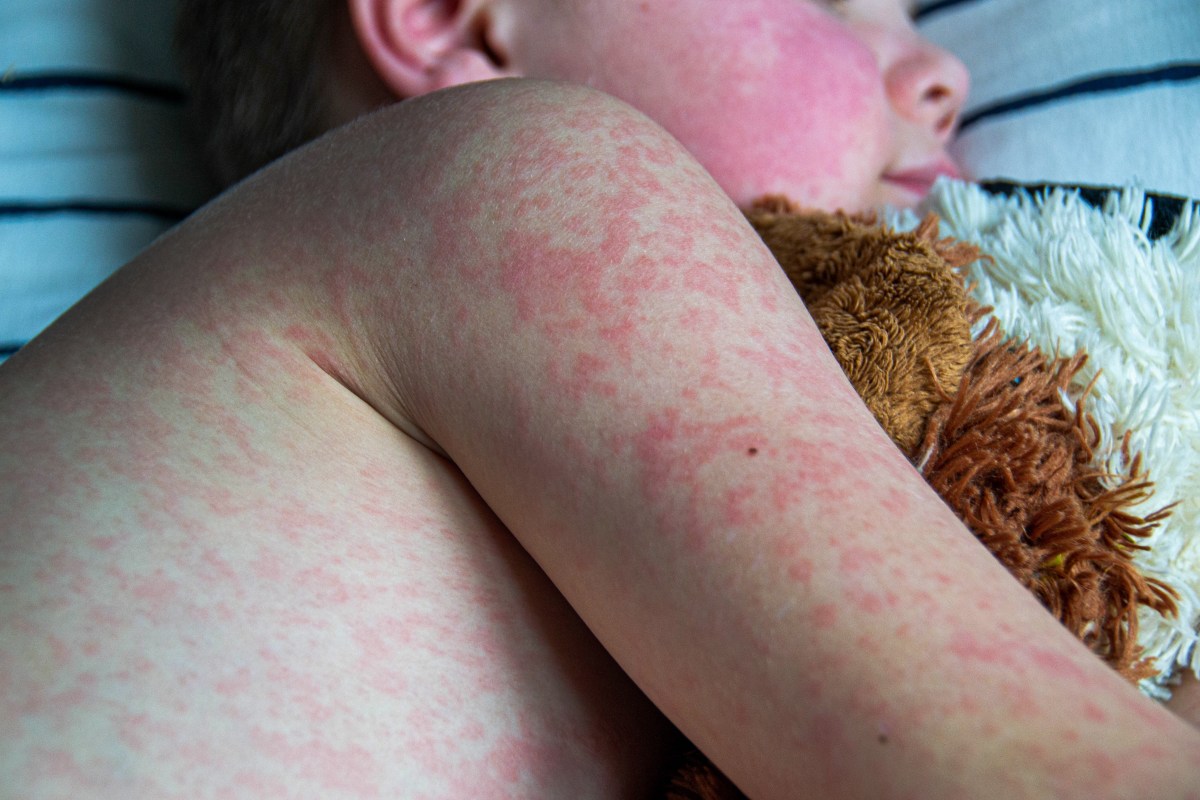Women take a break from sex for myriad reasons — they may be without a partner, experiencing menopause or other changes to their bodies, or they’re just plain uninterested.
But unfortunately, if you’re sexually inactive for a spell, your body may serve up some unpleasant surprises when you get that particular groove back.
Metro spoke with Doctor Barb DePree, MD, OB/GYN at Lakeshore Health Partners in Holland, Michigan to learn more about the hazards of going from sex-less to sex-yes.
“Let me tell you about a patient I saw last week,” says Dr DePree. “She’s in a ‘nearly sexless’ marriage in which she and her husband are intimate about once every 6-12 months, and this has been going on for years. She was diagnosed with fibromyalgia and rheumatoid arthritis, and hurts somewhat every day. Medications affect her sexual desire and ability to orgasm. She became menopausal about 5 years ago, and as a result of inactivity in the bedroom she now has vaginal atrophy — and intercourse is painful. As you can imagine she has huge obstacles to enjoying sex now, as infrequently as it occurs.”

Why do you think women go through sexless phases more often than men?
Women naturally lose desire as they age and transition through menopause. They experience remarkable hormonal changes, which can impact sex, both in terms of comfort and desire. For women, sex is much more cerebral and less a physical response, so when life gets in the way — aging parents, struggling kids, job challenges, financial insecurity, weight gain — sex becomes more and more challenging.
What constitutes a sexless phase?
Any time there is a disruptive discrepancy in sexual activity in a relationship, be it weeks, months or years.
What does a sexless phase do to a woman’s health?
That depends — what’s led to the sexless phase? Infidelity? Pain during intercourse? Trauma?
Those things considered, more sex makes sex more comfortable. This is especially true for postmenopausal women.
How can women combat a sexless phase?
Try to understand what led there, and address the stress or health condition, and make sex comfortable again with proper treatment of underlying medical conditions. Engage in mindfulness.
Menopausal? Compensate for lowered hormones by taking care of yourself. Vaginal dryness? Use lubricants during intimacy or regularly use a vaginal moisturizer to keep those tissues in shape and responsive. Some over-the-counter products I recommend to patients are Replens Silky Smooth as a lubricant and Replens as an effective vaginal moisturizer. Vaginal dilators can help with elasticity.
Is this mind over matter?
Usually it’s more than that, apparent from that patient I saw last week.
What are your top tips for enjoying sex again after a dry-spell?
Communicate, play, introduce novelty into the bedroom by way of a toy. If a woman is menopausal, she needs the same things any woman would need in order to enjoy sex. Mindfully create and re-inforce a real connection, and enjoy.

























